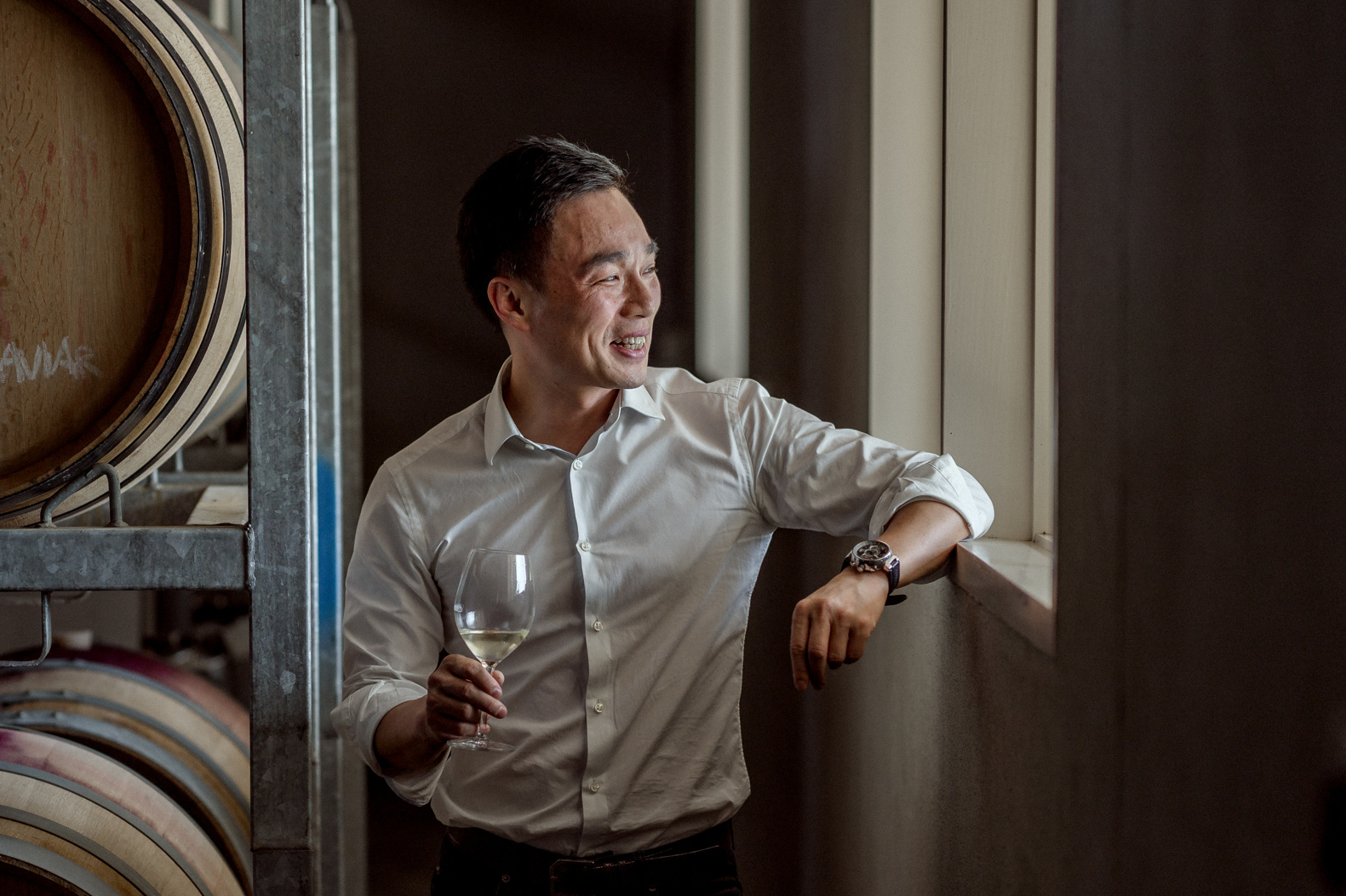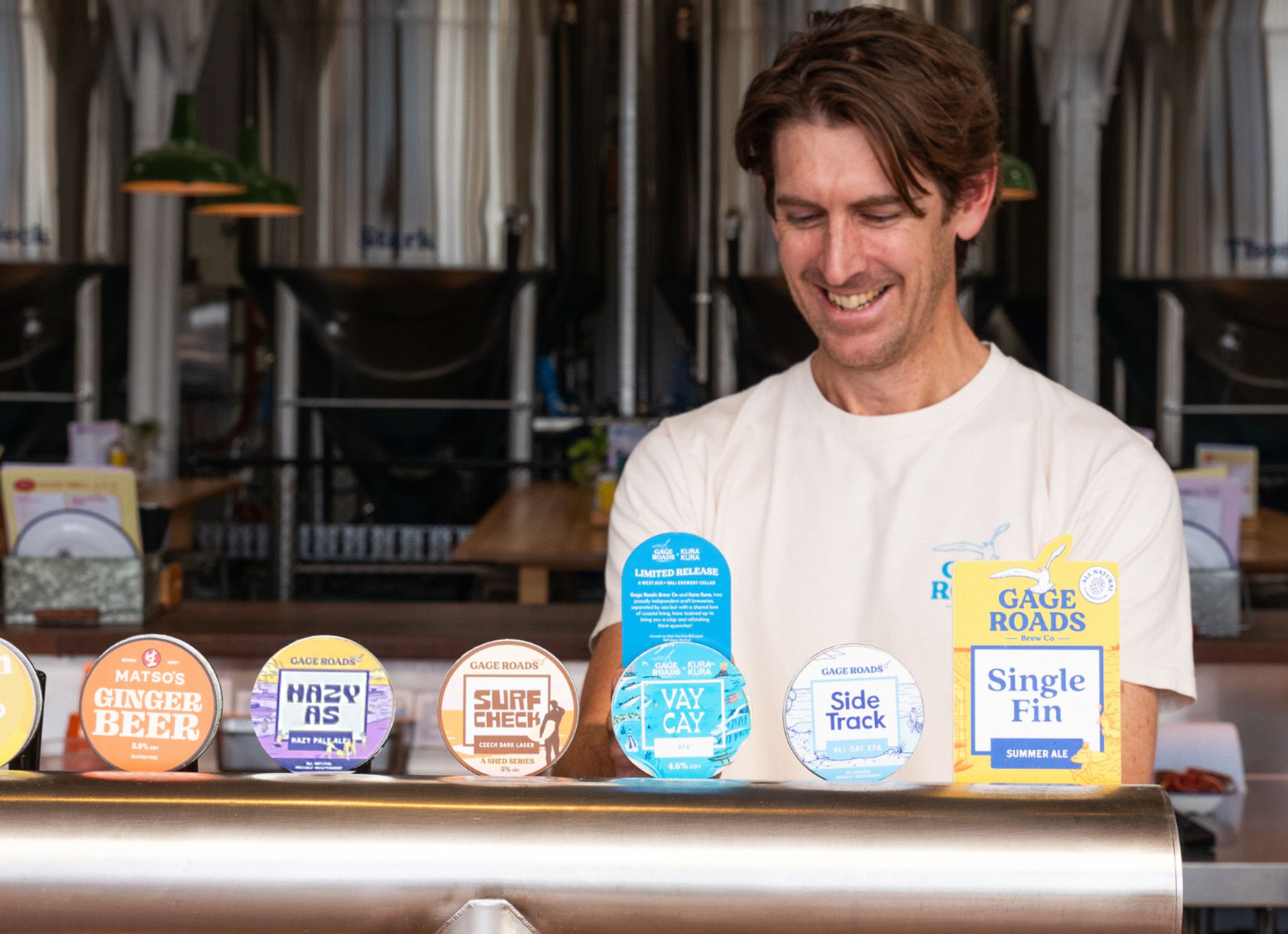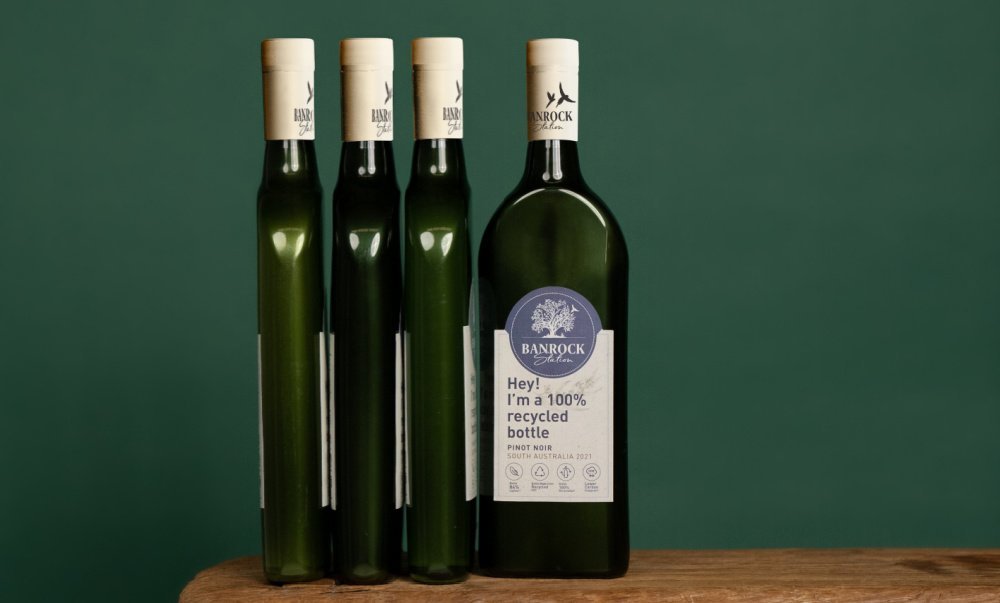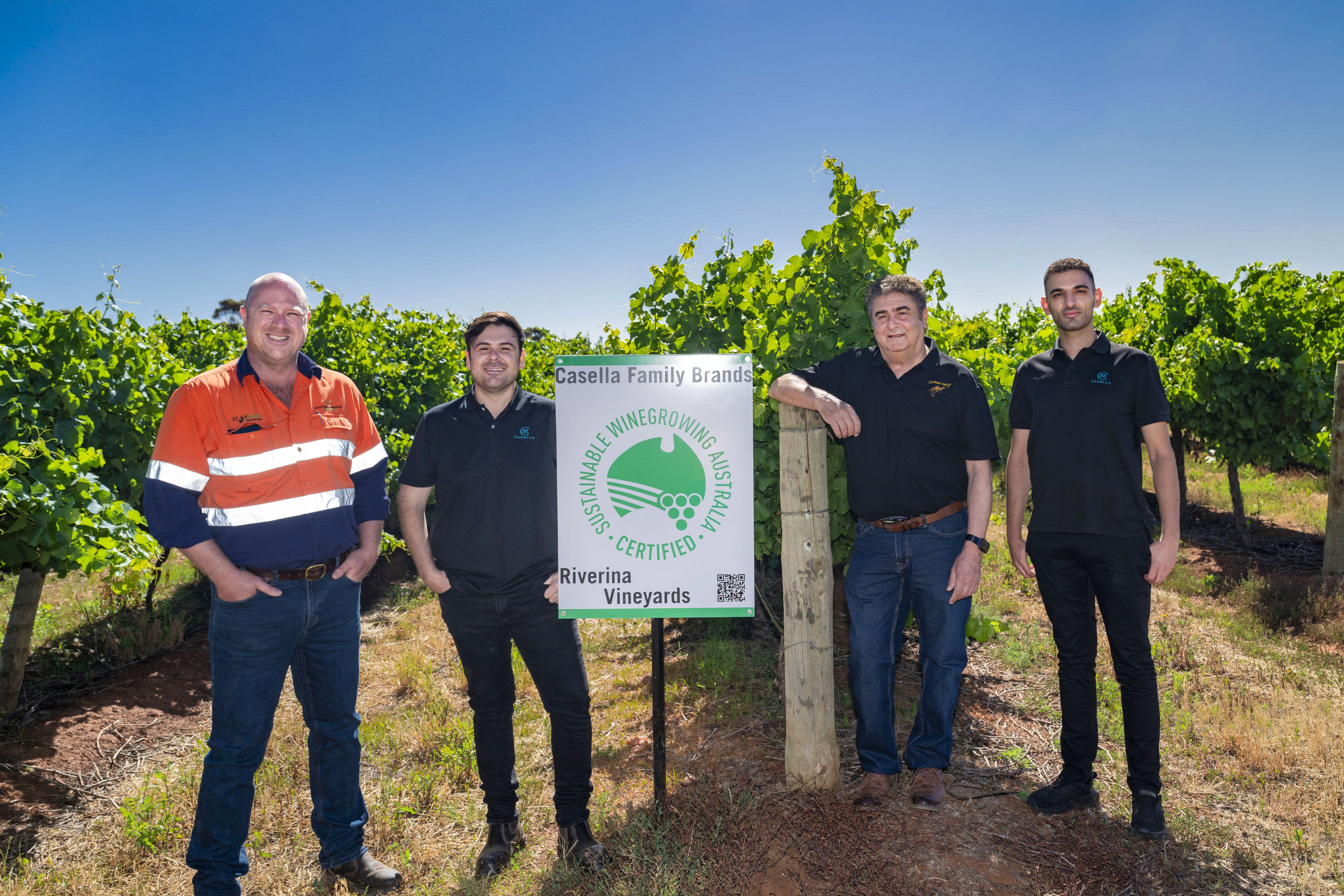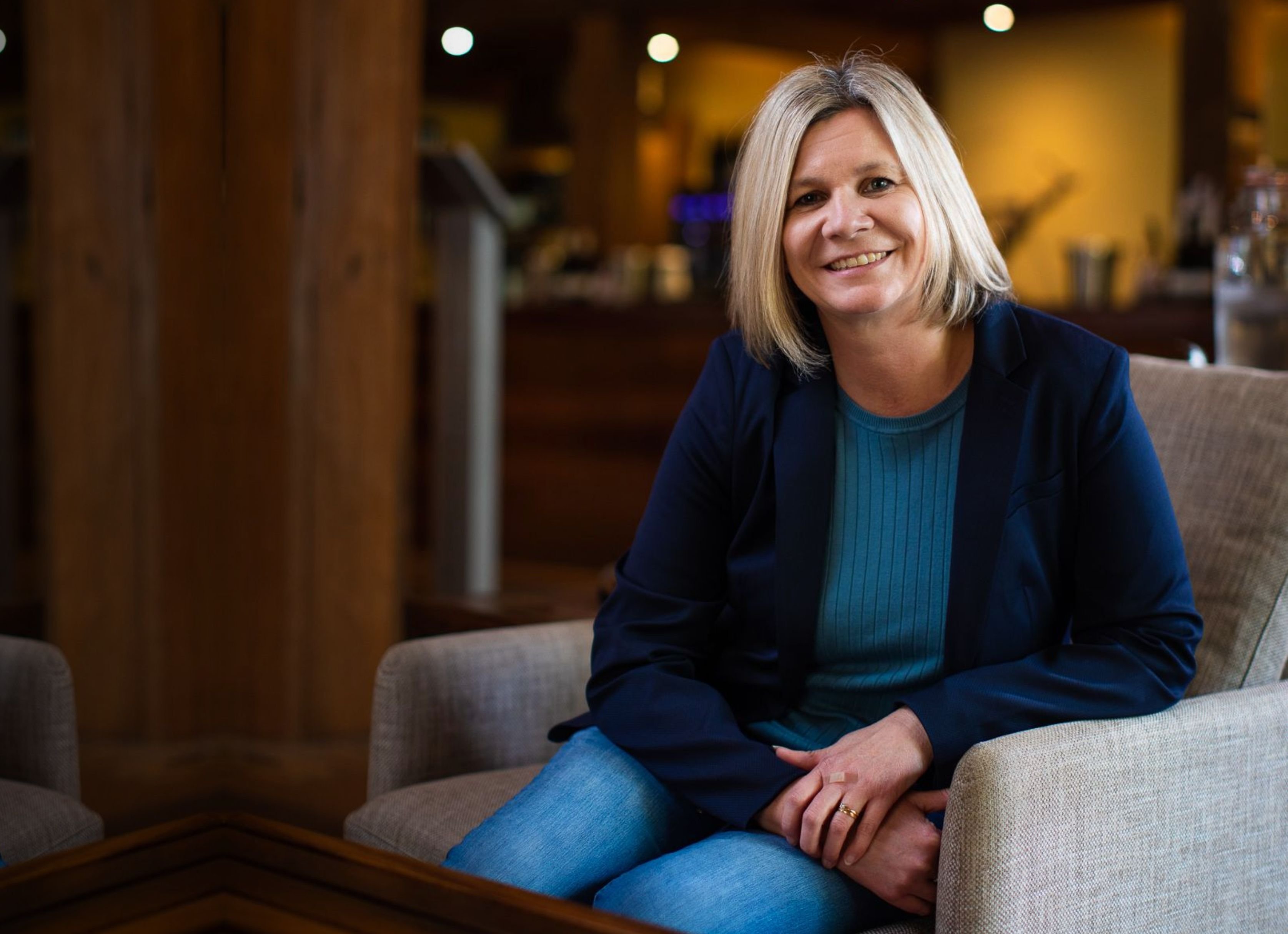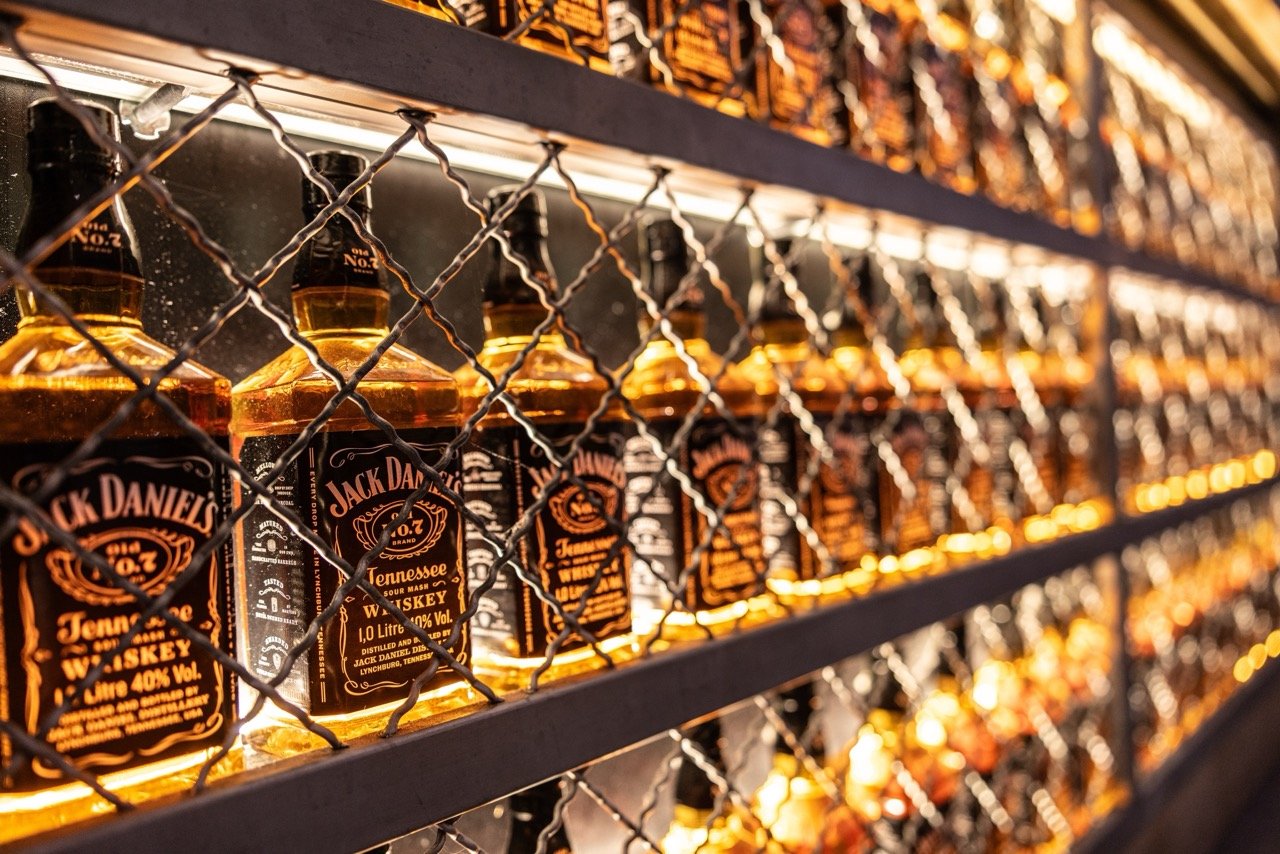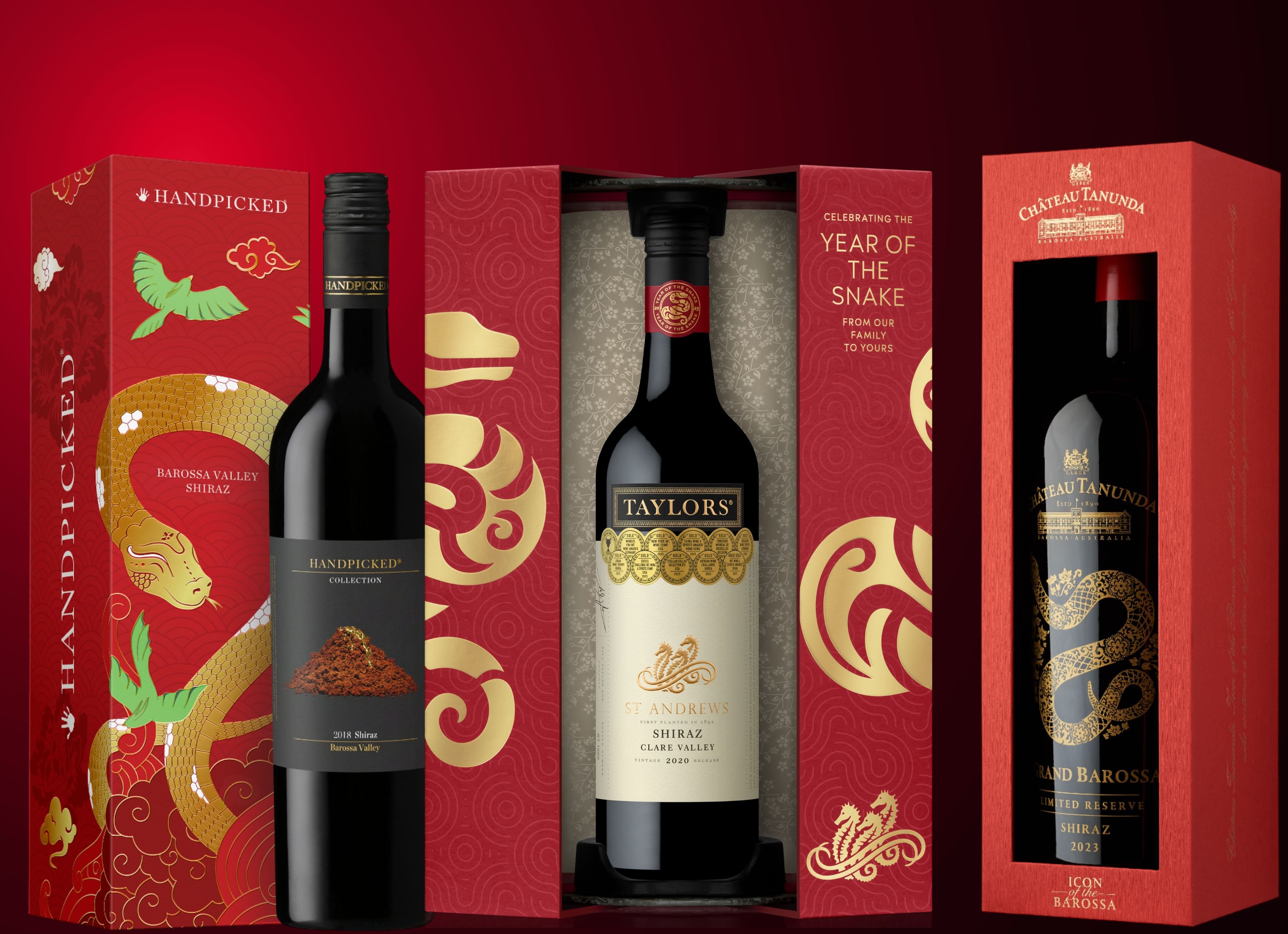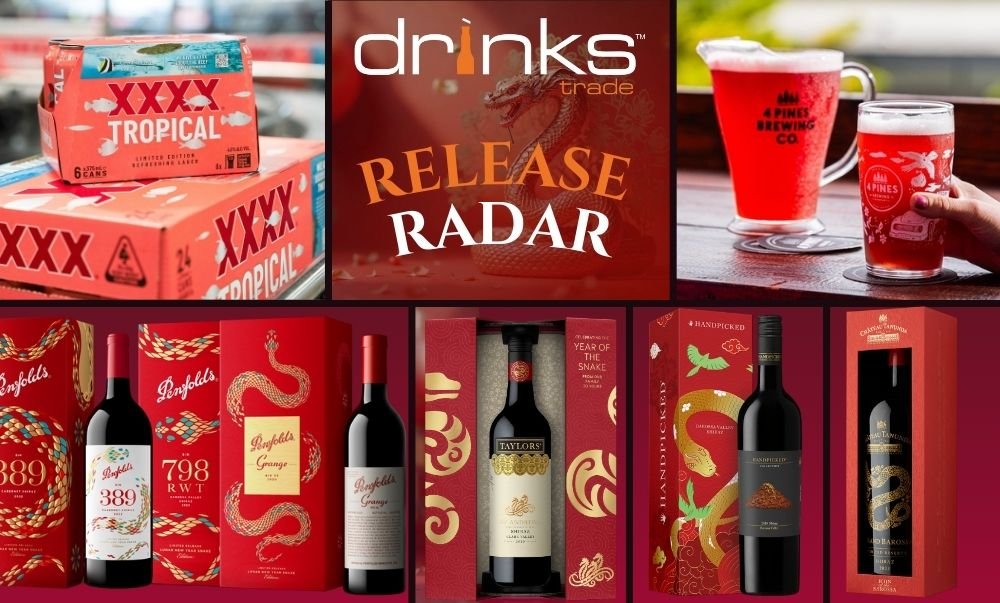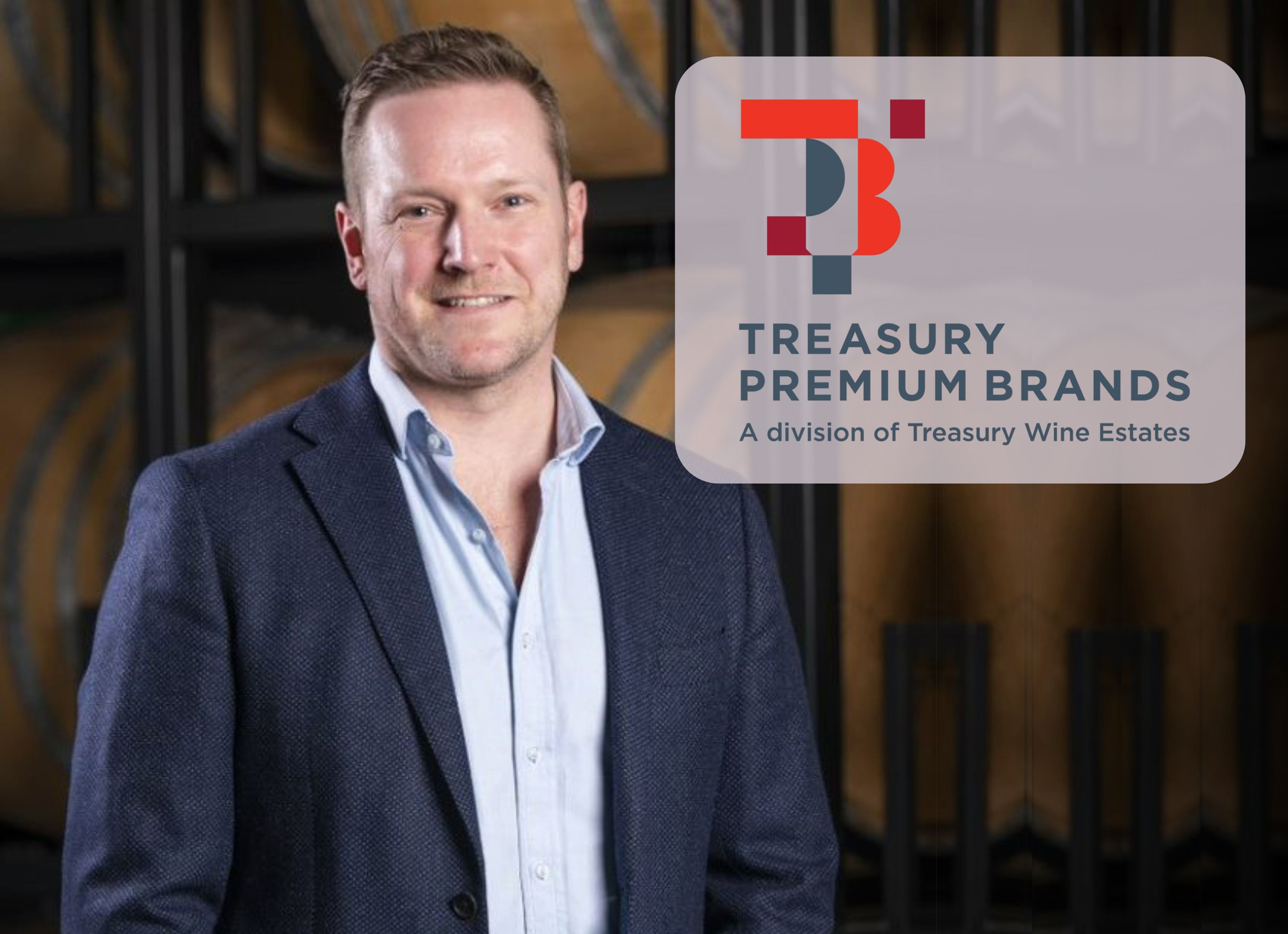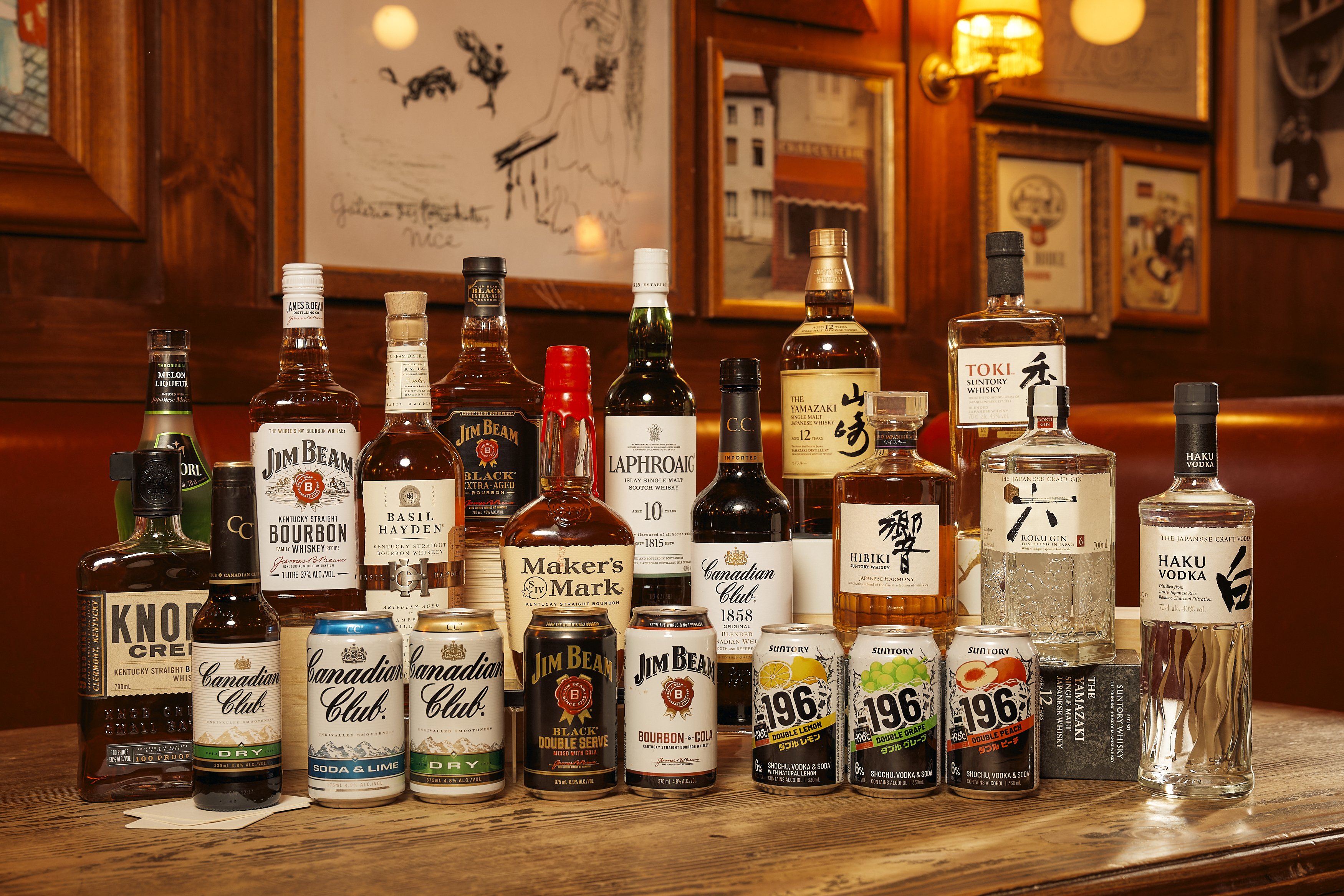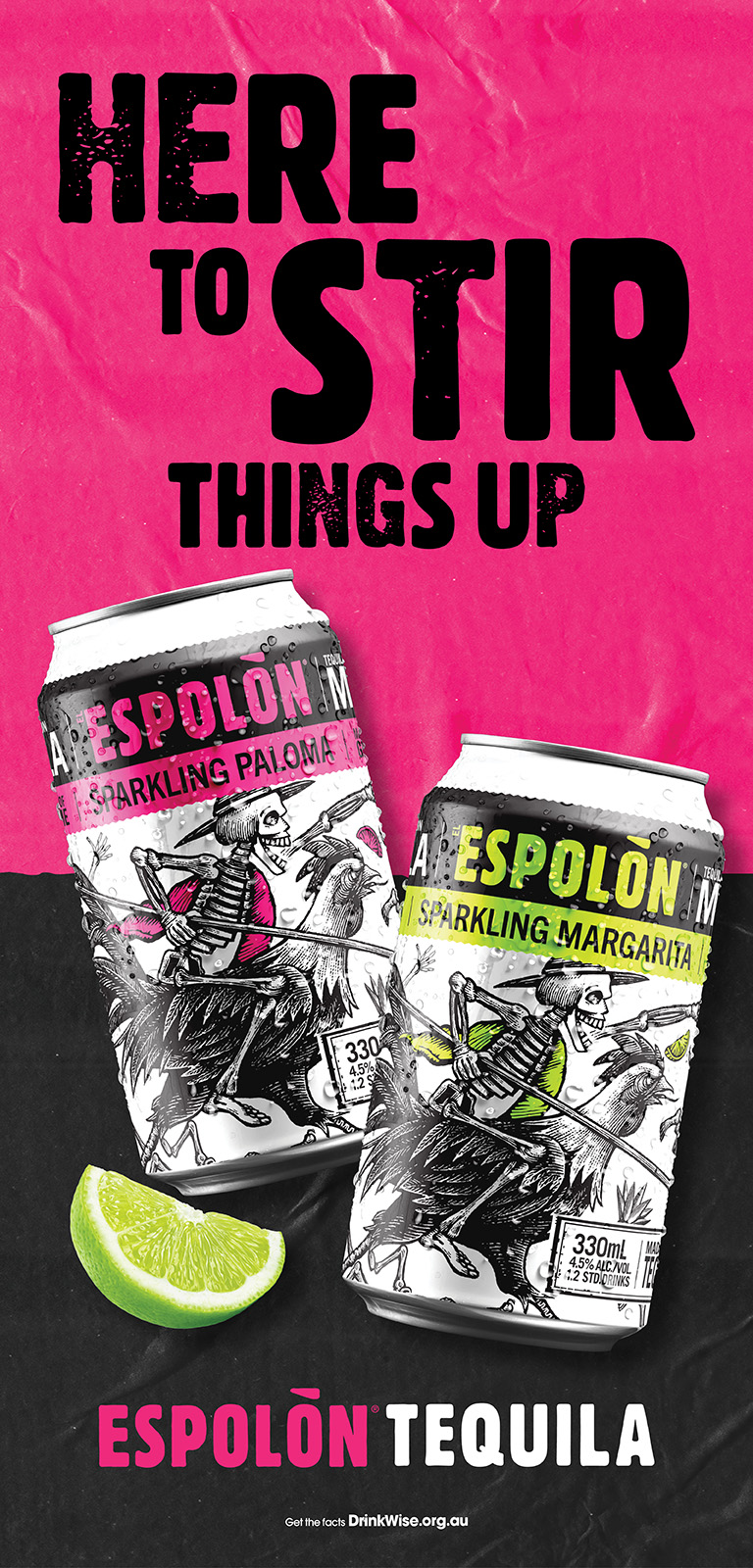Despite dating back 21 years, DMG Groups organic focus has piqued exponentially since Handpicked first began converting to organic in 2017.
Since then, the group launched Kiss the Organic, an importation business specialising in organic wines and spirit, in 2021; which was followed by Flesh & Blood, a direct-to-consumer online retail store launched last month.
Here, William Dong explains why all Australian wine producers should be going organic:
Drinks Trade: William, Handpicked only starting converting to organic in 2017, from henceforth DMG has continued to increase its focus on organic viticulture and products… What is organic to you?
William Dong: 10 years ago, we were still exploring organics. And, because at that time there was a lot of natural wine coming to the market, it was very trendy. A lot of people were talking about it.
I didn't understand organic that much until this one time I met with someone - a respected international winemaker - and I asked him about organic/biodynamic, and the way that he told me… it just made perfect sense: It's pretty much building the vineyards like building a person. If you get sick: you take antibiotics. It's just like the vineyard: you spray chemicals. But in this way, we manage it organically. You train the person to eat healthy, to exercise, and to build an immune system. And I thought it was quite interesting.
DT: Who should/shouldn’t be adopting organic viticulture?
WD: Anybody can adopt organic practise - it's not just for premium products. For the mass-produced, there's ways to convert, there are vineyards out there that have already been doing that… Of course, for a very commercial size vineyard owned by corporates, maybe they can't be bothered.
It's a lot of time and effort, I think; but in the longer term, I don't think it's more expensive… Running the vineyards: you need to be more hands-on at everything; [but then] you also use no chemicals, so you save money on chemicals as well. Then also you have a better vineyard because it's healthier and stronger, so you have better quality.
Everybody can do this. I think that if you put side by side the same product, same price [and] one is organic, one is non-organic; you taste it... Which means that the organic one should be charging more money, right?
DT: Why don’t more wineries go organic?
WD: I think a lot of producers out there are just being lazy. Most of the producers think about it commercially in a commercial sense, not so much about the impact they will have in their product and what they should be doing for the consumers.
[Also], a lot of people go, okay, we are also growing organically, I don't want to go through this, certification because it's very expensive. It's not very expensive. One or two thousand dollars. I'm happy to pay for whoever wants to convert their vineyard and to get certification. It's just excuses for them not to do it and to just be lazy, that's all.
There's a lot of stories that have been told by all sorts of people out there, so every time now when I hear from a producer, they go, oh, we're actually growing organically, but we don't want to go through the process because it's very expensive, and this and that. To that I say, come on, stop the bullsh*t.
It's not hard for organic products to be understood, but it's just that, because there are a lot of brands out there (especially the bigger brands) that're not leading by example… Those brands should be. If they do it, then everybody will go, okay, organic is normal now.
DT: When did Handpicked convert to organic and what results have you seen?
WD: We started the process in 2017, about seven years ago, and then the first certification we received was in 2022… Some of the product that we are selling is still older than 2022, so they don't have the logo on the label/we can't claim that they are organic certified.
When we started the conversion (and I mean the first year/second year), we started to see everything come to life in the vineyard and the energy was so great. The vines are very happy and healthy.
Then you start to see a change in quality, but also the character as well. You can see there's more depth into the wine. Since the conversion, I think our wines are becoming a lot more mature and happy.
We also started to see a very good crop from some of our vineyards, especially in the 2022 vintage and 2023 vintage, which were very low crop. A lot of vineyards didn't have any, any grapes at all, but we managed to have quite considerably higher crop in our organic vineyards.
DT: You've invested pretty heavily in organic over recent years... Do you believe that organic has/will continue to gain traction in Australia?
WD: In the last 10 years, you can see the growth. Demand for organic product is already growing, and there will be more and more.
[We’ve decided at DMG that] we need to make bigger noise, because I think a lot more people need to hear about this/need to know about this so you can encourage more growers to do the right thing; for the consumers, but also for the world, for the planet.
I think we are confident that, as we continue to make bigger noise, the growth will be exponential. Hopefully, in the future, in five or 10 years time, everything should be organic.
There’s already existing customers who are only eating organic, buying organic foods and drinking organic wine.
DT: You mentioned some wineries are making wine following organic principles without certification... Why do you see this as an issue?
WD: It's actually a very good question. With our Handpicked wine, not only we make the wine from our vineyards but we also purchase grapes from growers; and then at times that we come across a grower who is not organic certified, but they are [members of the SWA program].
As an certified organic producers, you can't do the wrong thing. If you do something wrong, they find out and then you lose the certification. So it's a bit of a minimum requirement for being an organic producer.
But there are also people who are doing more… We're doing a lot more, like we are more biodynamic at the moment with what we're doing with our vineyards and everything. And then there are growers who are not certified out there who are really doing the right thing, and even more, like biodynamic… I'm sure there are people like that out there, but how many, I'm not sure.
DT: Can you break down the actual benefits and processes of biodynamic versus organic and how this looks for Handpicked?
WD: Organic means there is no synthetic chemical in the vineyard - everything is naturally derived. In a way, it’s quite simple, but biodynamic is another level.
I don't think we're doing any horns in the vineyard at the moment, but we are introducing a lot of a deep compost tea; we introduced ducks in the vineyard; we have bee hives in the vineyard; we plant a lot of different vegetables or species, flowers, insects, so we are doing most of the requirement for biodynamic.
I think probably a lot of producers are already going through that process. If they certify organic, majority of the producers will go through biodynamic as well (unless they are commercially run vineyard/mass produced, I think that's a lot harder).
I think I think the consumers - especially the people we are talking to - they get it. A lot of people want to visit the vineyard based on what they've been told.
DT: FAB and Kiss the Organic share a very extensive international portfolio… From your experience, how does Australia compare on the global stage when it comes to organic wine production?
WD: I think that Australia in terms of organic production is still far behind what's happening in Europe and especially Northern Europe. With the organic producers in Australia, you can really count them with your hands, but then if you go to Italy or France or Spain, there are a lot more producers out there.
On our platform, our goal is to go out and buy, but then there's not a lot of choice here, there's a lot more choice in Europe, so we are a lot further behind.
We're taking things for granted, I think. In Europe, the conditions are a lot worse up there, and I think the producers really care so much. They work hard every year to produce great grapes, great produce, and then some of the producers really go above and beyond. And then it's contagious.
We are not as strong. At the moment, even when we talk to some of the growers in South Australia, people go, oh, we don't spray, we are organic, we don't need to go through the process. I think that we are quite relaxed about this. There's not enough structure and system in place to really rule things out. We just let people do whatever they want, in a way.
DT: Lastly, you've just launched FAB, a direct-to-consumer online store which follows on from Kiss the Organic. Can you explain how these two projects came about?
WD: When we were going through the conversion for Handpicked, and during the pandemic, I came to the office every day and thought, what else can we do to make a difference and to lead by example to make bigger noise in terms of the organic products? We didn't really plan that much, to be honest. We went, I think this is the right thing to do, let's work with the like-minded people out there and let's try to find as many products as we can and build a platform.
So then we made purchases that way based on the quality. Number one is to be certified organic, and then it has to be great quality at the right price. So thats how we started with Kiss the Organic.
Then, there was a marketing consultant, who said Kiss the Organic just sounded like it's too hard a sell in a way; like I know you're selling organic products and Kiss the Organic doesn't sound really serious. So we we went through the process and we came up with a name, called FAB, which is Flesh and Blood.
FAB is the platform that we can really use to educate people about the products and everything; because we have a quality of products, quality of service, and then we're doing something quite meaningful/ quite great for the people and environment.
As DMG Fine Wine, we bring a portfolio of products into this country and we not only sell to our platform but also we wholesale it to retailers, restaurant groups, hotels, and things like that as well.
//
Interview: discussing Sustainable Winegrowing Australia with the person who manages it
Handpicked Wines announce three-year partnership with Sydney Symphony Orchestra
Share the content
